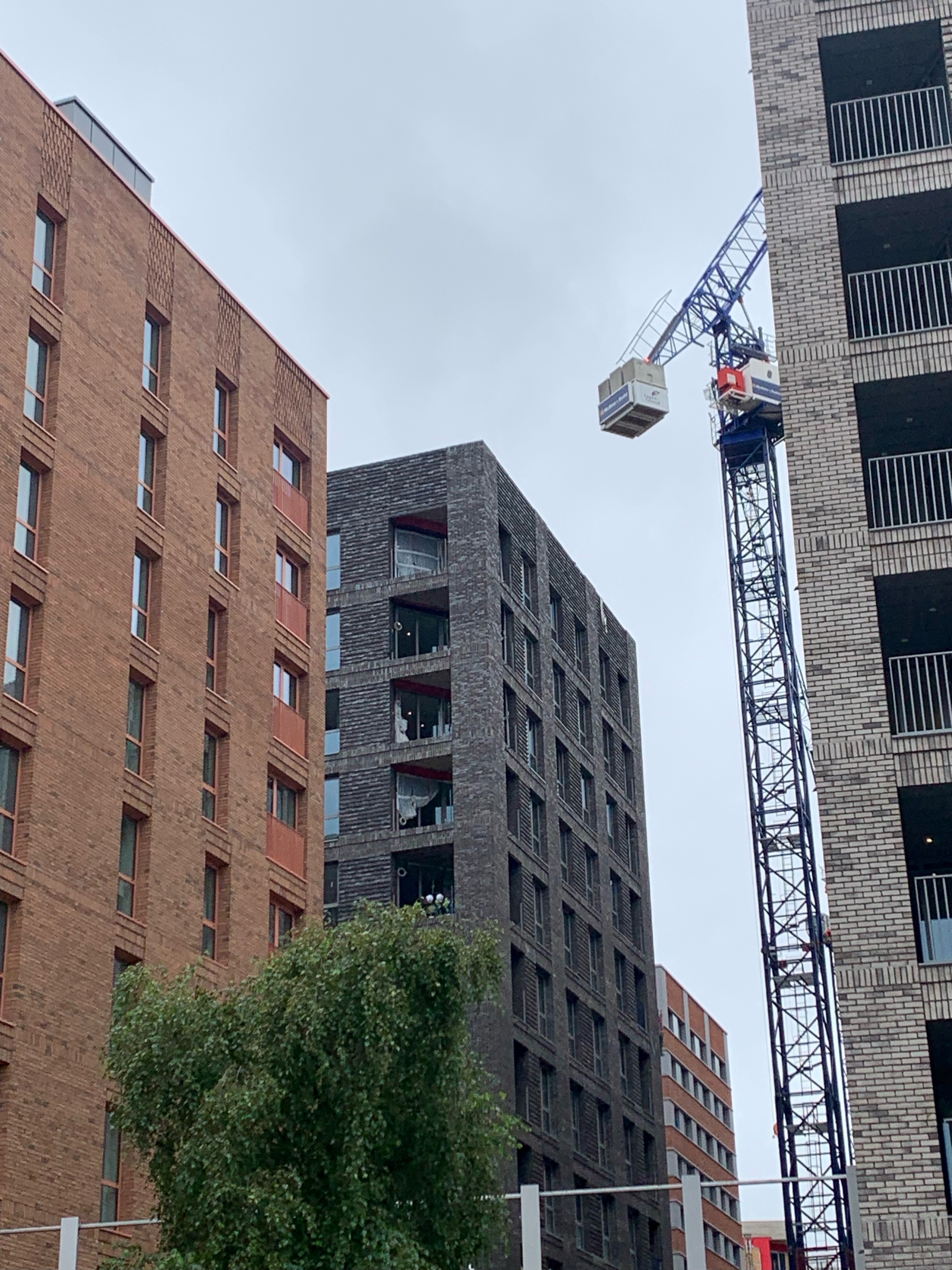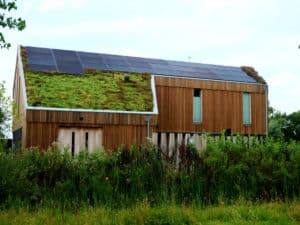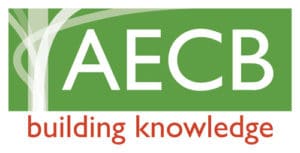What is the whole life-cycle carbon assessment guidance? Read on to find out.
In an era where more and more of us are embracing environmental consciousness, it has never been more important to prioritise sustainability in the construction industry. The built environment is responsible for about 40% of the UK’s carbon emissions, and is therefore one of the key sectors required to reduce emissions to meet the government’s net-zero 2050 target. Whole Life-Cycle Carbon assessments have become a hot topic in the pursuit of sustainable building practices. So, what are they and how can they impact you as a stakeholder in the construction process?
What is a Whole Life-Cycle Carbon Assessment? Whole Life-Cycle Carbon Assessments are a comprehensive approach to evaluating a building’s environmental impact, considering carbon emissions throughout its life cycle, from construction to demolition.
Read on to discover how this assessment can shape sustainable building practices.
Understanding the Whole Life-Cycle Carbon footprint of buildings.
The Whole Life-Cycle Carbon footprint of a building encompasses a comprehensive sum of impacts throughout its entire existence. The assessment method for building the life cycle of carbon footprint is defined by European CEN/ TC 350 Sustainability of construction works – family of standards. This includes accounting for numerous stages such as material extractions, manufacturing processes, transportation, construction works, maintenance, repairs, and replacement of materials during the building’s life cycle. It includes the consumption of energy and water during the building’s operational phase, and lastly the processes involved in the demolition and end-of-life processing of building materials.
We recently shared a free 10 step guide for reducing your buildings carbon footprint from the planning stage which you can read here.
Operational carbon VS embodied carbon: what’s the difference?
Largely, this can be broken down into two significant components: operation carbon and embodied carbon.
Operational Carbon: Operational carbon accounts for the emissions generated during a building’s daily operations, including energy consumption for heating, cooling, lighting, and appliances. Reducing operational carbon entails implementing energy-efficient systems and adopting renewable energy sources.
Embodied Carbon: Embodied carbon, on the other hand, encompasses the carbon emissions associated with extracting, manufacturing, transporting, and constructing building materials. Early consideration of embodied carbon during the design and construction stages can significantly impact a building’s overall sustainability.
RELATED: WHAT COULD PART Z BUILDING REGULATIONS MEAN FOR EMBODIED CARBON.
Whole-Life Cycle Carbon assessments and the London Plan.
The London Plan sets a precedent by incorporating Whole Life-Cycle Carbon assessments into the planning process. These assessments are encouraged for all major applications within the city. As London leads the way in sustainable building practices, other regions may follow suit in the future.
For more information on how Whole Life-Cycle Carbon Assessments align with the London Plan, you can explore our sustainable construction blog.
How do Whole-Life Cycle Carbon assessments impact me?
As Whole Life-Cycle Carbon Assessments gain prominence in London’s planning process, it is essential for all parties in the construction industry to adapt to these changes. Although, they are not yet applicable elsewhere in the UK. Early consideration of embodied carbon from the concept to design stages of a development can significantly contribute to achieving net-zero carbon goals. As well as, eco-friendly material choices, sustainable procurement methods, and assessing whether the repurposing of existing structures is a viable option.
It remains to be seen whether these assessments will become applicable in other parts of the country as well. However, embracing sustainability and integrating Whole Life-Cycle Carbon Assessments into your projects now can lead to not only environmental benefits but also enhanced project value and reputation.
Get in touch with Buildpass for support and advice around whole-life cycle carbon.
At Buildpass, we are experts in sustainable building practices, including Whole Life-Cycle Carbon Assessments. Our team is here to support and guide you through the process, helping you make informed decisions that align with your environmental goals and financial objectives. Book a call with us today and let’s work together to build a greener future.





















